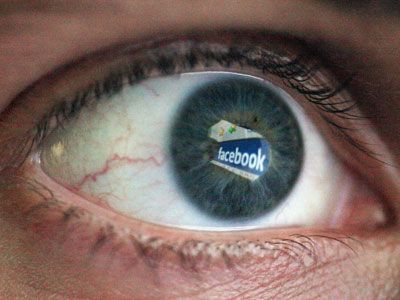Your Facebook profile boasts 200 friends. On LinkedIn, you have 50 connections. On your Twitter account, you have 60 followers and you follow 30 people. Your social network is sizable -- more than 300 people and growing every day. You feel rather popular. But have you ever wondered if these online connections translate to real life?
Staying in touch online is easy. With a few strokes of the keyboard and a few clicks of the mouse, you're connected. Social networks allow us to keep in touch with each other through the various ways we share information. This information can be personal (digital photos, status updates, funny videos) or professional (linking to industry-specific articles, writing a testimonial for someone on LinkedIn).
Advertisement
Well before the Internet became a part of daily life, we used our social networks to get things done. Job hunting? It helps to know "someone on the inside." Looking for a date? Your friend's cousin has a single pal. Need a handyman to fix the broken stair? Ask your neighbors if they have anyone to recommend.
Online social networks take that local network you have and make it global. There's even a new word for it -- glocalization. You can search for a job in your area via your social network's job boards. You can cyber-flirt with an online cutie. You can look up a plumber online and then find customer reviews from people who've used him before.
But how are the two networks related? Do your online networks complement your real-life networks? Is the impact a positive one or a negative one? Optimists say that social networking via the Internet helps us to strengthen existing ties and forge new ones, leading to an improved social condition. Pessimists say that our online social networks keep us isolated and closed-off from other people's worldviews [source: Rainie].
Because the boom in online social networking is so new, there aren't a lot of hard numbers to prove either viewpoint. We can, however, take a look at some studies and learn what the experts have to say.
Advertisement



